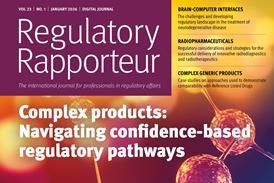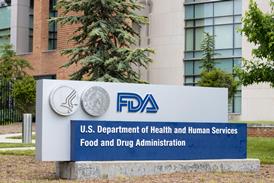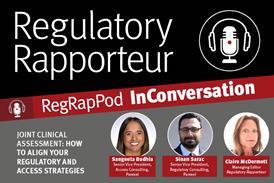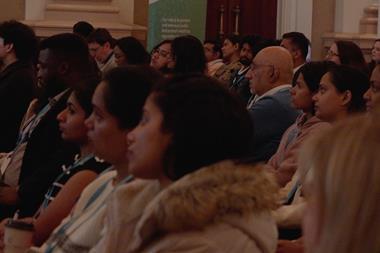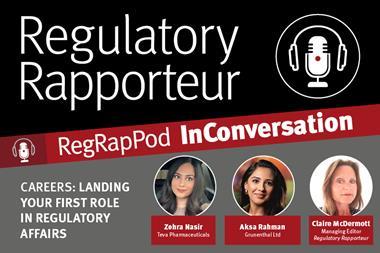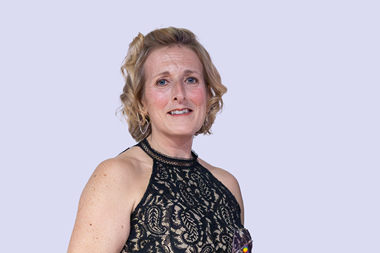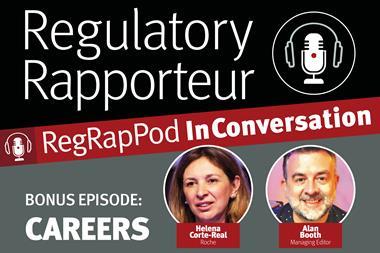This report is an overview of a session at the TOPRA Regulatory Careers Live 2025 conference in Dublin and is a useful summary on regulatory affairs as a career for students, graduates and those hoping to enter the profession.
Session leader:
- John Wilkinson, Chair at Global Medical Devices Nomenclature Agency and recent TOPRA Interim Chief Executive Officer, UK
Speakers:
- Neal Panting, Talent Acquisition Manager, DLRC Group, UK
- Roz Sutton, Senior Director Regulatory Affairs, tranScrip, UK
- Anne Nallen, Head of Global Regulatory Affairs CMC, Ceva Biotec Campus, TOPRA Past President
- Tom Melvin, Associate Professor, Medical Device Regulatory Science, Institute for Clinical Trials, University of Galway, Ireland
Key points:
- No two journeys into regulatory affairs are the same; expertise can be gained through internships, graduate opportunities and working on-site, which fosters collaboration, learning and creative problem-solving
- A career in regulatory affairs is dynamic and rewarding, and is marked by continuous learning and global collaboration. The biggest challenge, however, is gaining that first piece of experience
- A successful career in regulatory affairs relies on continuous development, recognising your value and maintaining professional relations, as networking and flexibility are key to career growth
- In contrast to pharmaceuticals, regulatory science for medical devices has a more flexible approach centred on safety and performance, highlighting the crucial role of regulatory professionals in shaping evolving medical device regulatory frameworks
As a current intern, the Regulatory Careers Live event helped to increase my understanding of the regulatory affairs field. This session’s experts offered insightful advice for starting and growing a successful career. It highlighted the importance of continuous learning, networking and the various areas within regulatory affairs. Personally, I found the advice on being open to new opportunities, knowing your value and navigating the career search process especially useful.
How to gain expertise in regulatory affairs positions
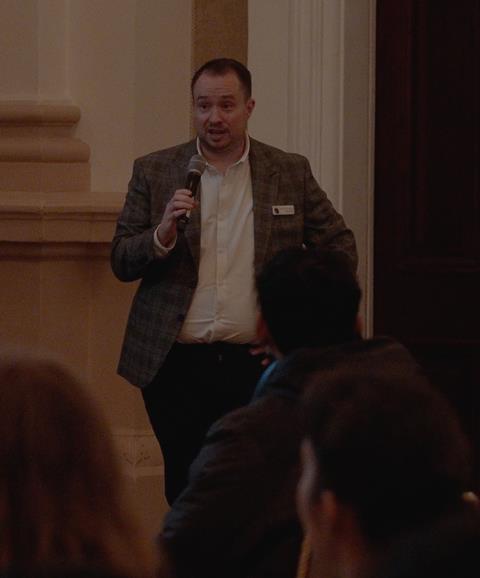
Neal Panting, an expert in regulatory recruitment, shared insight on gaining expertise in regulatory affairs. He stated that no two journeys into regulatory affairs are the same, with professionals having diverse academic skills and experience. Completing a life science degree is the most standardised starting point, and internships during college or in summer breaks provide valuable industry experience. Following this, candidates seek entry-level or graduate opportunities, which are highly competitive but are the most common entry method. Further into this journey, you would look at career development opportunities to extend and strengthen your experience.
Regulatory affairs offers diverse opportunities across many working environments and projects. Neal recommended consultancy as it provides exposure to a broad spectrum of regulatory areas, allowing a great chance to upskill and learn. To help enhance expertise, there is on-the-job training, company-sponsored programmes, and certifications such as TOPRA’s apprenticeships and MSc courses.
Those without a current regulatory role can gain knowledge by reading industry publications, engaging in forums, following pharmaceutical news and identifying transferable skills. Webinars and conferences offer valuable networking opportunities. Additionally, Neal recommends working on-site as it fosters better collaboration, learning and creative problem-solving. Choosing a company that is commutable, or relocating closer, can be beneficial in the initial stages of your career.
The challenges and rewards of a career in regulatory affairs
Roz Sutton shared insight into the challenges and rewards of choosing regulatory affairs as a career. Her key message throughout was that there is always something new to learn in this rapidly evolving environment.
Overcoming challenges is one of the most rewarding aspects of the career. These include adapting to evolving regulations and guidance, managing complex documentation and compliance and meeting strict deadlines, all of which contribute to a high-pressure role.
Roz has formulated her regulatory approach around three key pillars:
1. Understanding current guidance and regulations
2. Examining precedents
3. Leveraging experience from colleagues
One of the most fulfilling aspects of regulatory affairs is the opportunity to collaborate and foster connections with diverse professionals around the world. For individuals who wish to leverage their scientific knowledge outside of a laboratory setting, this is an ideal career path. As regulation continues to expand globally, more countries around the world are adopting stricter regulatory frameworks, opening more opportunities in the field.
The biggest challenge, however, is gaining that first piece of experience, but once achieved, it opens the door to a dynamic and rewarding career.
Moving into regulatory affairs: How to get your foot in the door and maintain a successful career
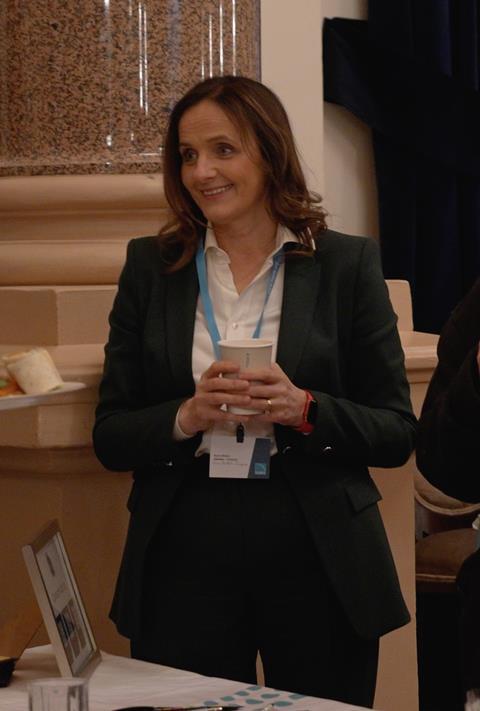
A particular challenge is moving into regulatory affairs from university and from non-regulatory areas.
Anne Nallen shared her own personal career journey, to help attendees gain a perception of how to build and maintain a successful career in this field. Anne’s entry into regulatory affairs was driven by curiosity and career ambition, leveraging internal opportunities within her organisation to transition into a regulatory role. She feels it is important to establish your purpose and let your ‘why’ direct your passion and impact.
She emphasised expanding expertise through continuous learning to enhance credibility and keep skills relevant to emerging opportunities. She recommends TOPRA Special Interest Network (SPIN) groups as a key resource, which you can tap into for information and discuss topics with like-minded individuals. She highlighted the value of networking, noting that many of her career moves resulted from former connections.
Anne recommended staying flexible and being open to new opportunities across regulatory areas, both within and external to an organisation. It is important to horizon scan, to be aware of both opportunities and threats. She highlighted the value of roles in both large and small corporations, as well as working independently. She also advised never burning bridges with past colleagues, as they could be instrumental in future career growth. Finally, she stressed the importance of recognising and leveraging your experience, acknowledging it and knowing your value.
Regulatory science for medical devices
Tom Melvin gave a spotlight on regulatory science for medical devices and reminded attendees that regulatory affairs is not just about human medicines.
Systematic medical device regulation began later than that for pharmaceuticals and increased due to the rise of implantable devices in the mid-20th century, and the need to have better safety oversight of these technologies. When it comes to medical devices, regulatory science differs from that of medicines, which must undergo extensive pre-clinical research, early-stage studies and pivotal trials to demonstrate safety and efficacy. In contrast, medical devices follow a more flexible and varied approach, with assessment based on safety and performance.
Medical devices frequently undergo design modifications during early development. Furthermore, clinical outcomes of medical devices can be influenced by the skills of the operator or surgeon, usability and ergonomic characteristics. Due to this human nature, training in the use of medical devices is regarded as of high importance.
As the field continues to evolve, regulatory professionals will play a crucial role in shaping policies and implementing innovative approaches to ensure an effective medical device regulatory framework.



